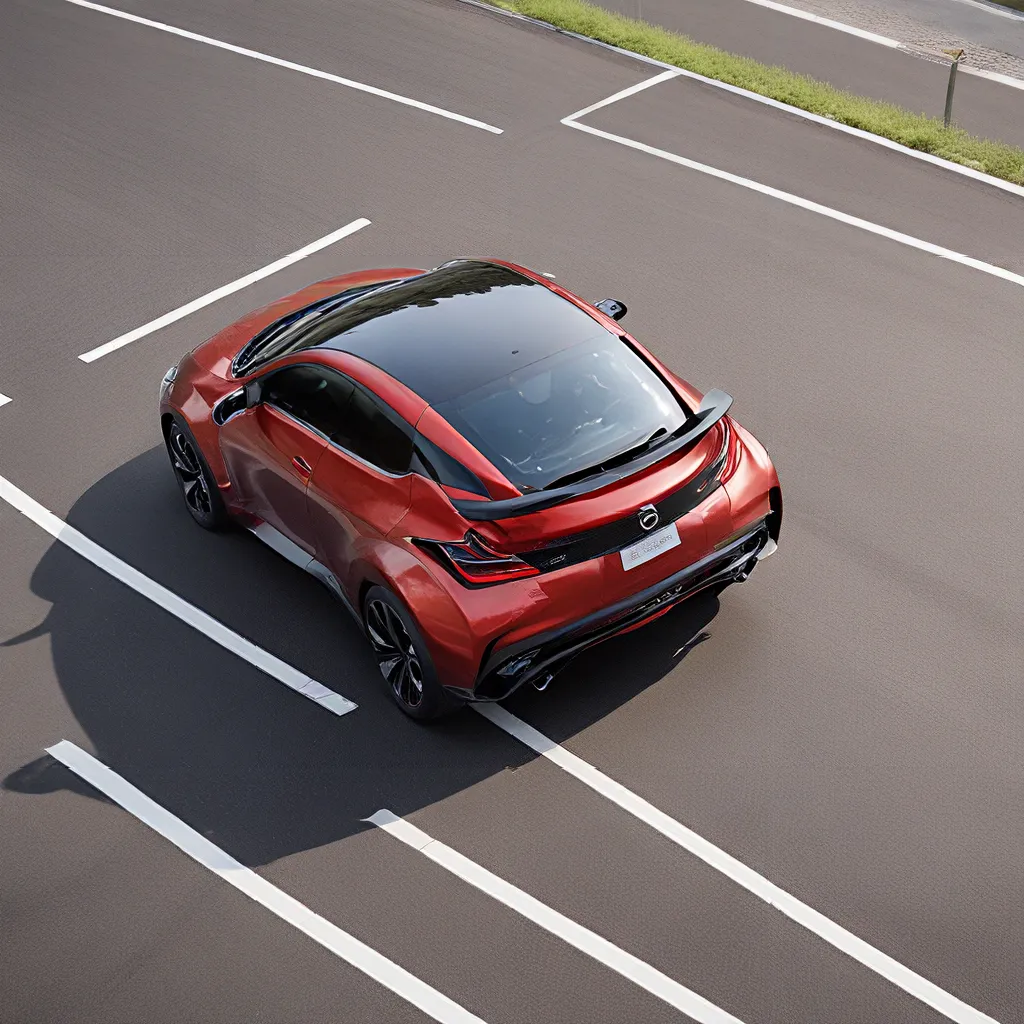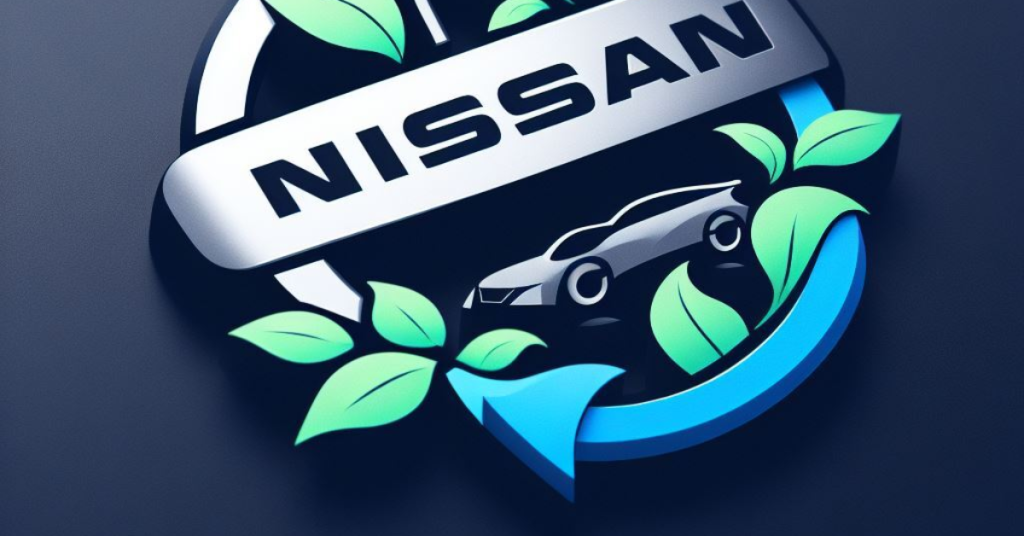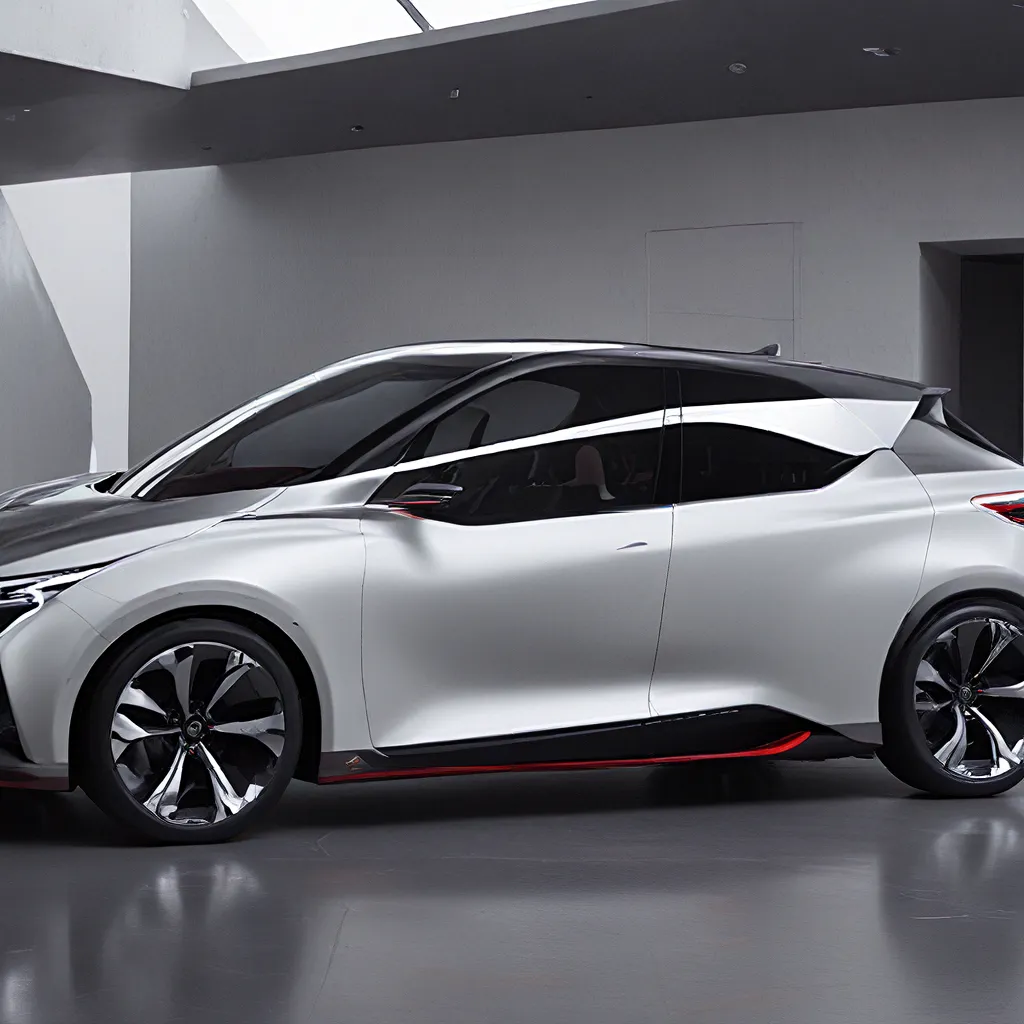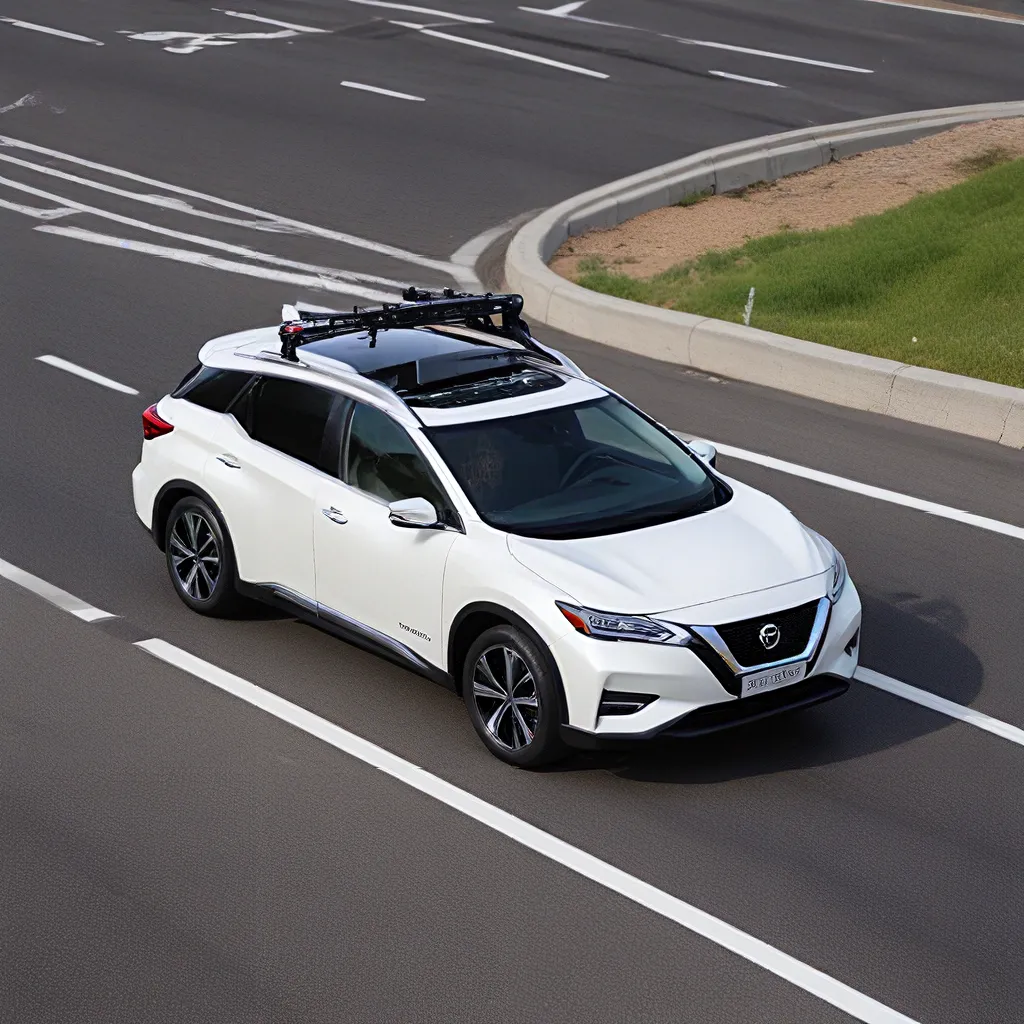
A Century-Old Journey of Transformation
It’s hard to believe that the Nissan we know and love today had such humble beginnings – a small workshop in Tokyo’s Hiroo district, founded by a man named Masurijo Hashimoto in 1911. Who would have thought that this modest enterprise would evolve into one of the world’s most iconic automotive brands, pioneering electric vehicles (EVs) and revolutionizing the very concept of mobility?
As I delve into Nissan’s remarkable story, I can’t help but feel a sense of awe at the company’s ability to navigate the ever-changing automotive landscape. From its early days as the Kwaishinsha Motor Car Works, to its rebranding as Datsun, and finally the rise of the Nissan name, this Japanese automaker has weathered storms, adapted to new technologies, and consistently stayed ahead of the curve.
Surviving Chaos and Finding Reinvention
Imagine the world in the early 20th century – a time when cars were still a rarity in Japan, and the few that graced the roads were built by American giants like Ford and GM. It was into this landscape that Hashimoto dared to dream, creating the Model 41 DAT, a small passenger car that could reach a blistering 32 km/h. As the company grew and merged with others, it eventually became Datsun in 1932, before transitioning to the Nissan name in 1934.
But Nissan’s journey was far from smooth sailing. The company faced an identity crisis, complicated ownership changes, and even flirted with bankruptcy during those early years. And just when it seemed to be finding its footing, the world was plunged into the chaos of World War II. Suddenly, Nissan’s sole purpose was to churn out vehicles for the war effort, a stark contrast to its humble beginnings.
Yet, it was during these tumultuous times that Nissan’s true resilience shone through. The company didn’t just survive; it found a way to reinvent itself. After the war, Nissan began exporting its vehicles, most notably to the United States, and experienced a remarkable resurgence. From producing just 865 cars in 1950, it was churning out over 32,000 by 1959, a testament to its adaptability and forward-thinking.
Embracing the Future, One Innovation at a Time
As the automotive industry continued to evolve, Nissan kept pace with the changing times. It started forging its own path, developing iconic models like the Skyline and the revolutionary Leaf, the world’s first mass-produced affordable electric car. Nissan’s commitment to electric mobility has been unwavering, with the Leaf surpassing one million global sales in 2021, a significant milestone in the industry’s transition towards sustainable transportation.
But Nissan’s adaptive strategies go beyond just building electric cars. The company recognizes that the future of driving is about more than just getting from point A to B. It’s about the entire experience, from the integration of advanced connected technologies to the holistic customer journey. Nissan is at the forefront of this transformation, leveraging the power of artificial intelligence (AI) to enhance the design, delivery, and personalization of its offerings.
As the world grapples with new challenges and shifting consumer behaviors, Nissan stands tall, ready to embrace the future with open arms. The company understands that true longevity isn’t about becoming “future-proof,” but rather about being “change-ready.” And this mindset has been the driving force behind Nissan’s success for over a century.
The Evolving Automotive Landscape: Nissan’s Roadmap
So, what does the future hold for Nissan as it navigates the ever-changing automotive landscape? Let’s take a closer look at the key strategies the company is employing to stay ahead of the curve:
Electrification and the Charge Towards Sustainability
Nissan’s commitment to electric mobility is unwavering, and the Leaf is just the beginning. The company is now working to build the ecosystem that supports EVs, from developing mobile and remote charging solutions to standardizing charging protocols and improving charging speeds. This holistic approach to EV infrastructure is crucial in making electric vehicles a practical choice for a wider range of consumers.
Connectivity and the Personalized Driving Experience
The rise of connected cars has opened up a whole new world of possibilities for Nissan. By integrating advanced technologies, the company is enhancing the safety, convenience, and overall enjoyment of the driving experience. But it’s not just about the in-car experience; Nissan is taking a customer-centric approach, understanding that cars are not just machines, but part of people’s lives and stories.
Artificial Intelligence and the Future of Automotive Innovation
AI is rapidly becoming a cornerstone of Nissan’s design and delivery strategy. From modeling and forecasting to personalizing customer experiences, AI is driving efficiency and accelerating innovation. As the automotive industry continues to evolve, Nissan recognizes that AI will be as critical to its success as Hashimoto’s workshop was in 1911.
Navigating the Road Ahead: Nissan’s Adaptive Strategies in Action
As I reflect on Nissan’s remarkable journey, I can’t help but be inspired by the company’s ability to adapt and thrive in the face of constant change. It’s a lesson in resilience, innovation, and a relentless commitment to staying one step ahead of the competition.
Sure, the automotive industry will always be a battleground for innovation, but Nissan has proven time and time again that it’s not just about keeping up with the latest trends. It’s about having the right systems and mindset in place to navigate the uncharted waters of the future.
And as I look towards Nissan’s bright future, I can’t wait to see what other surprises and transformations this iconic brand has in store. One thing’s for sure: with its adaptive strategies and unwavering spirit, Nissan is poised to continue leading the way in the ever-evolving world of mobility.






